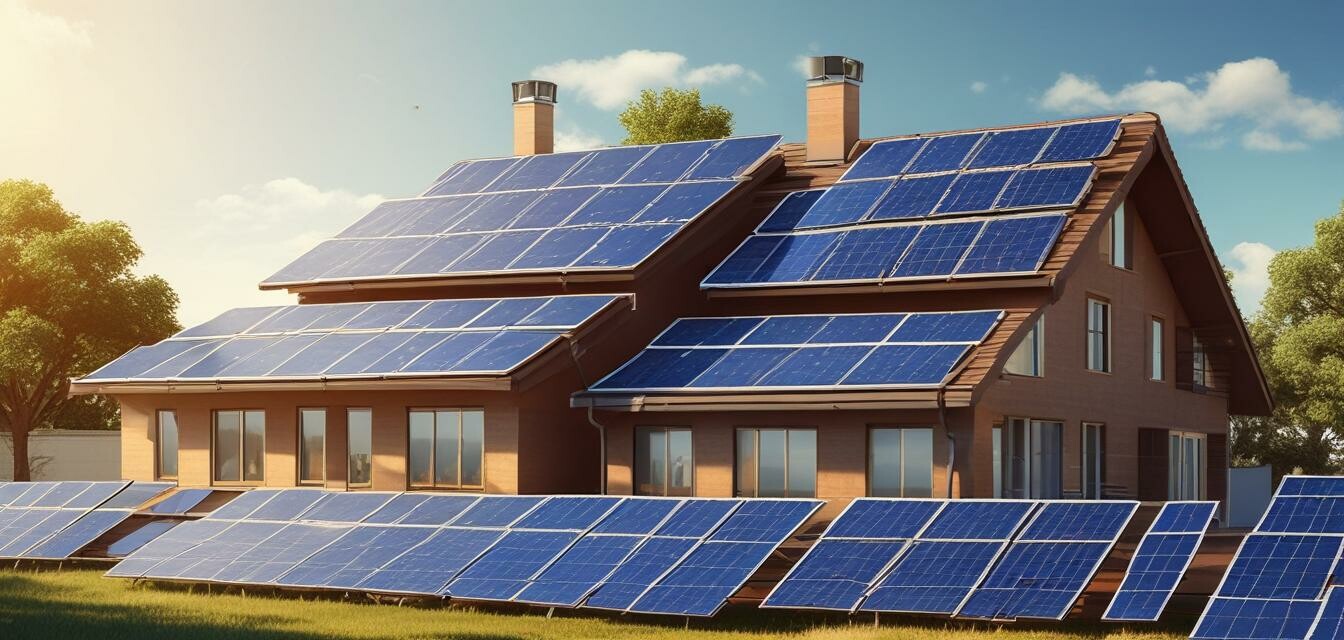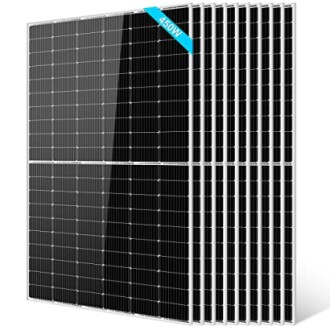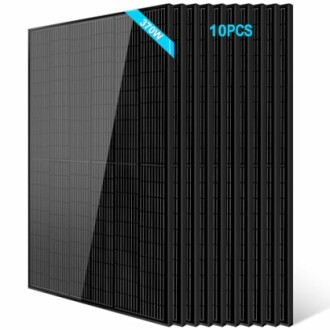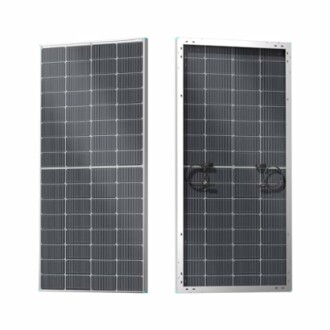
How to Choose the Right Solar Panels for Your Off-Grid System
Key Takeaways
- Understanding your power requirements is essential for selecting the right solar panels.
- Efficiency ratings will determine the amount of energy you can generate from your solar panels.
- Consider the size and space available for installation.
- Choose panels that align with the type of off-grid or hybrid system you have.
- Durability and warranties can affect your long-term satisfaction and investment.
As the world moves towards renewable energy, many individuals are considering off-grid solar systems. Choosing the right solar panels is a crucial step for harnessing solar power effectively. This guide aims to provide you with comprehensive insights into selecting solar panels based on your specific needs.
Understanding Your Power Needs
The first step in selecting suitable solar panels is to assess your power requirements.
- Calculate your daily energy consumption. List all the appliances and equipment you will be using.
- Determine how many hours a day you will use these appliances.
- Consider your future energy requirements for any additional appliances.
Daily Energy Consumption Example
| Appliance | Wattage | Hours Used per Day | Daily Energy (Wh) |
|---|---|---|---|
| LED Bulb | 10W | 5 hours | 50Wh |
| Refrigerator | 150W | 24 hours | 3600Wh |
| Television | 100W | 3 hours | 300Wh |
| Total | 3950Wh |
Choosing the Right Solar Panel Type
There are several types of solar panels, but three main types are most commonly used:
- Monocrystalline Panels: High efficiency and space-saving, ideal for limited areas.
- Polycrystalline Panels: Generally less expensive but less efficient than monocrystalline.
- Bifacial Panels: Can absorb sunlight from both sides, increasing energy generation.
Comparing Solar Panel Types
| Type | Efficiency | Cost | Durability |
|---|---|---|---|
| Monocrystalline | 15-22% | Higher | High |
| Polycrystalline | 13-16% | Moderate | Moderate |
| Bifacial | 15-25% | Higher | High |
Efficiency Matters
Efficiency is a crucial factor when selecting solar panels. Higher efficiency means that more energy is generated in less space. This is especially important if you have limited area for installation.
Recommended High-Efficiency Solar Panels
SUNGOLDPOWER 10pcs 450W Monocrystalline Solar Panel
With high efficiency and waterproof features, these solar panels can produce up to 2250Wh of electricity per day while minimizing space usage.
Learn MoreSpace and Installation Considerations
Before making a final decision, consider the space available for your solar panels. Measure your roof, ground space, or mounting area to ensure that you can install the desired number of panels.
Installation Tips
- Use pre-drilled holes for easy installation.
- Consider lightweight panels for easier handling and mounting.
- Allow for adequate space between panels to prevent shading and maintain airflow.
Versatility of Solar Panels
Some solar panels are better suited for particular situations, such as marine applications, RV use, or residential purposes. Evaluate where you will be using the solar panels to select the most appropriate type.
Product Recommendations for Versatile Applications
SUNGOLDPOWER 10pcs 370W Solar Panels
Ideal for various applications, these panels provide a high efficiency of up to 20.3%, making them a versatile choice for any off-grid system.
Learn MoreUnderstanding Durability and Warranty
When investing in solar panels, examine their durability features and any warranties offered. A robust warranty can ensure that your investment is protected in the long run.
Durability Factors to Consider
- Material quality: Choose panels with high-transmission low-iron tempered glass.
- Waterproof ratings: Look for IP67 or higher to withstand harsh weather conditions.
- Corrosion-resistant frames for longevity and performance.
Final Thoughts and Recommendations
Choosing the right solar panels is a significant step toward achieving energy independence. By understanding your power needs, selecting the correct type, and considering efficiency, space, and durability, you are setting yourself up for success.
Our Top Pick for Durability
Renogy N-Type 16BB 250W Bifacial Solar Panel
With a bifaciality factor of 80%, this panel enhances energy generation significantly. Built to withstand tough weather conditions, it’s ideal for off-grid solutions.
Learn MoreMake sure to check our Solar Panels Category for an extensive range of products and further insights.
To learn more about efficient solar system setups, visit our resources on solar system sizing and planning or explore our guide on hybrid solar systems.
Tips for Beginners
- Start small. Begin with a basic setup to understand solar energy systems.
- Always read user reviews and product specifications before purchasing.
- Seek out community forums for tips from seasoned solar users.






